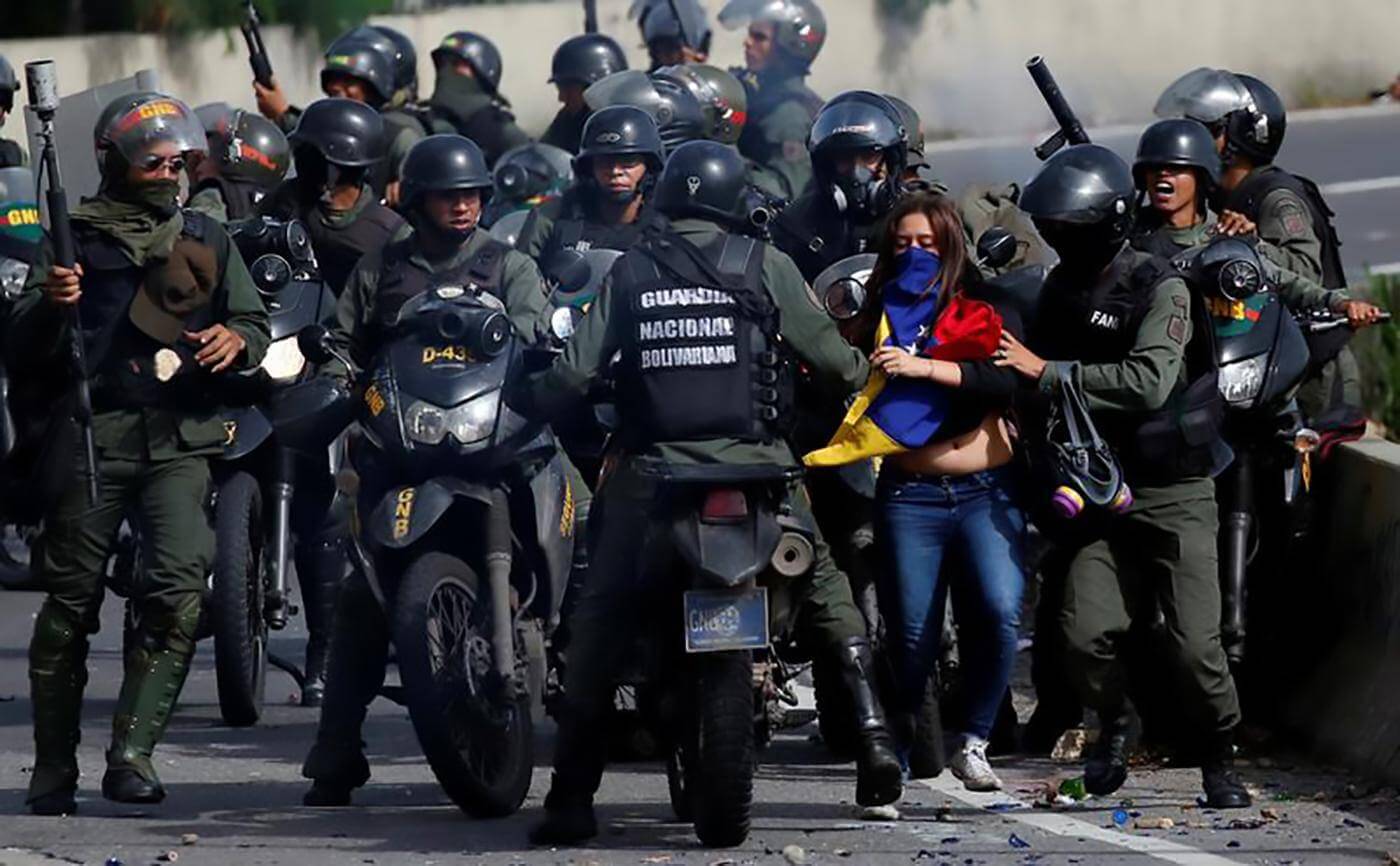The United Nations (UN) High Commissioner for Human Rights, Michelle Bachelet, submitted a 15-page document on Venezuela’s justice system, as commissioned by the UN Human Rights Council (UNHRC). The document outlines how the justice system in the country has been “considerably undermined”, which has paved the way for ‘impunity’ and human rights violations, such as “deprivation of life, enforced disappearance, torture and sexual and gender-based violence involving members of the security forces”.
The document says: “OHCHR considers that the independence of the justice system is considerably undermined due to insecurity of tenure of judges and prosecutors, the lack of transparency in the process of designation, precarious working conditions, and political interference.”
It adds: “This situation prevents the judiciary from exercising its key role as an independent actor in protecting human rights, and contributes to impunity and the persistence of human rights violations.”
In accordance with these accusations, the UN has called on Venezuela’s attorney general to reduce “high levels of impunity for killings in the context of protest, security operations, allegations of torture and ill-treatment, and gender-based violence”.
The document also takes aim at severe worker exploitation in gold, diamond, and bauxite mines in the Venezuelan Amazon, and the complicity of security and military forces in these crimes. In fact, the report says that the mining industry is rife with “labor and sexual exploitation, child labor and human trafficking”. The UN holds that operations in the Orinoco Mining Arc (AMO)—the mining regions of Venezuela, which make up 12% of Venezuelan land—are often controlled by ‘criminal groups’.
These groups “determine who enters and leaves the area, impose rules ... and gain economic benefit from all activity within the mining area, including through extortion in exchange for protection”. This lack of oversight has resulted in the deaths of at least 150 men and women in and around the mines since March 2016, and security forces are responsible for roughly have of these deaths.
Therefore, the UN also called on President Nicolás Maduro to regularize the mining industry to increase regulation and oversight and ensure that international legal and environmental standards are met. The lack of oversight in the industry is laid bare by the fact that Venezuela’s central bank has not published data on gold and other mineral exports since 2018. It is widely assumed that the impunity with which the industry operates has been hastened due to US sanctions, which have crippled Venezuela’s energy sector—and consequently its economy—and caused its government to look elsewhere for revenue.
It was released just a week after Venezuela’s Supreme Court ordered opposition leader Juan Guaidó, who is recognized as the official leader of the country by over 60 countries, to step down as leader of the principal opposition party.
In June, Venezuela’s Supreme Court unilaterally swore in a new commission to the country’s National Electoral Council ahead of the parliamentary elections later this year. Currently, the opposition holds a majority of seats in the congress, which is the only branch of government that is not under President Maduro’s control.
A few days later, Supreme Court also ordered the takeover of two opposition parties, the Justice First party and the Democratic Action party, as part of what it described as a “necessary restructuring process”.
Hence, the Supreme Court’s latest attack on the opposition is hardly surprising. Under the pressure of mounting US primary and secondary sanctions, the Bank of England’s refusal to release $1.9 billion in gold bars from its vaults to the ruling government, and now the UN report, the Venezuelan government finds itself more vulnerable than ever before.
UN Report Takes Aim At Human Rights Abuses and Impunity in Venezuela
The report says that the justice system in the country has been “considerably undermined”.
July 16, 2020

IMAGE SOURCE: CARLOS GARCIA RAWLINS / REUTERS
